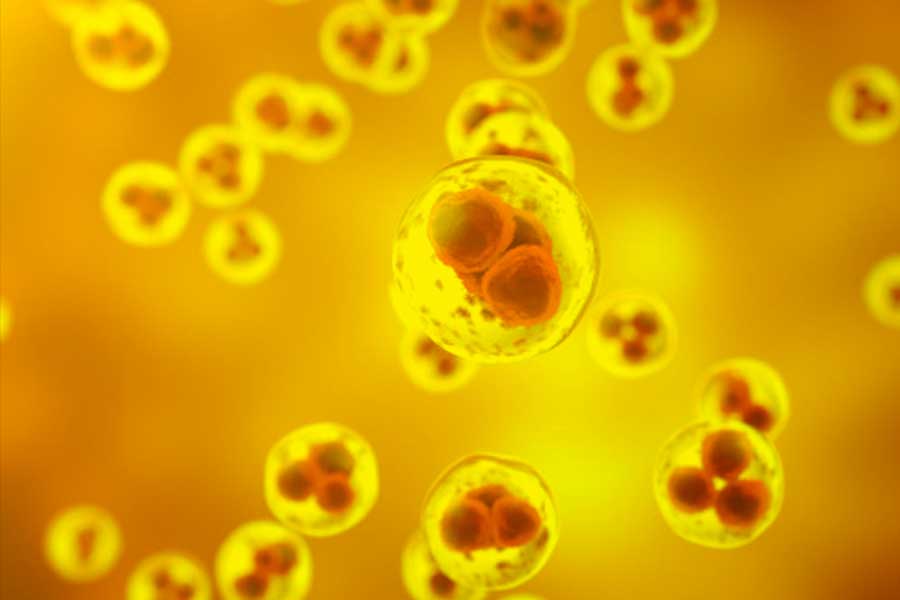STIs
What are Genital Warts?

Genital warts are one of the most common sexually transmitted infections (STIs). Genital warts are usually painless and should not pose a serious threat to your health.
They are caused by viruses from the human papilloma virus (HPV) family, and are similar to the warts you can get on other parts of the body.
How does someone get Genital Warts?
Genital warts can be spread by skin-to-skin contact such as anal sex. However, you do not need to have penetrative sex to pass the infection on because the virus is spread by skin-to-skin contact.
What are the symptoms?
Genital warts are similar to the warts you can get on other parts of the body such as the hands or feet. They usually occur between two or three months after exposure although they can occur up to a year after you have been infected.
About 10% of people exposed to the virus will develop genital warts, so not everyone who has the virus will have visible warts.
You may notice small, pinkish or white cauliflower-like lumps or warts, appearing singly or in groups around or inside the genital area.
The warts may be itchy but are usually painless, although they will bleed if scratched – so be careful. You might see or feel them yourself, or they may be noticed by your partner or during a medical examination.
Is there a test for Genital Warts?
The test for genital warts involves a simple examination of the genital area. There is no ‘swab’, urine or blood test currently available to look for the virus that causes the warts.
If everything in your genital area looks and feels normal to you, then it is unlikely that you have genital warts. However, you could still carry the virus that causes them so if you develop symptoms then you should go back to your doctor or the sexual health service you attended.
What does treatment involve?
Treatments, which usually take place at sexual health clinics, include freezing, cutting or laser removal. These are carried out by a doctor or nurse. They may be uncomfortable, and may need to be repeated over several weeks to ensure the complete removal of the warts.
Treatment often lasts between four and twelve weeks. It’s important to remember that most treatments get rid of the warts themselves, but not the virus. So warts can recur until your body has cleared the virus.
You may also be prescribed an anti-wart liquid or cream which can be used at home.
Is there a vaccine?
A vaccine is available to men who have sex with men under the age of 45 and to all HIV positive men who have sex with men. You should ask a nurse or doctor at your sexual health clinic for more information.



